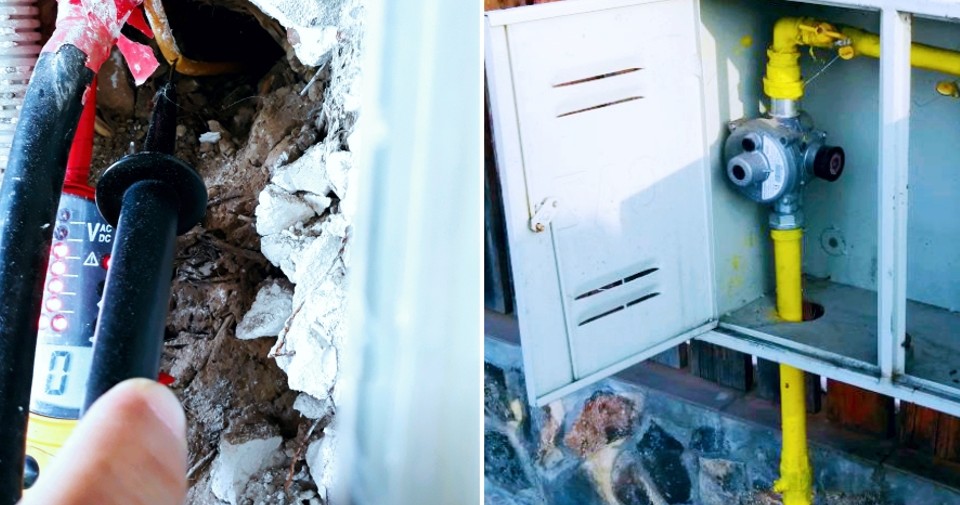Delgaz Grid: Over 1,500 cases of fraudulent consumption of natural gas and electricity identified in 2023

The energy inspection, a specialized structure within Delgaz Grid, identified last year a number of 1,509 cases of fraudulent consumption, almost 40 percent more than in 2022, 906 of which were for natural gas and 603 for electricity.
In order to identify the guilty people and recover the damage, criminal complaints were drawn up and sent to the competent institutions. Fraudulent consumption is theft and is punishable according to the provisions of the Criminal Code.
“Clandestine installations used, unauthorized interventions on connections and natural gas/electricity meters can lead to incidents with the most serious consequences, ignored primarily by those who believe that in this way they can benefit from free energy.
Any such improvised installation constitutes a source of fire, electrocution, explosion, poisoning, etc. For an insignificant gain compared to the possible consequences, people risk their property, home, business, health or even life. Both those who “enjoy” the fraudulent consumption through lower bills can suffer, but also people, homes, economic agents in the neighborhood and, last but not least, the environment,” Delgaz Grid representatives say.
Fraudulent consumption also means financial losses for the company, but also increased expenses for consumers. Illegal interventions affect honest consumers through interruptions of the distribution service and/or non-compliant parameters of the supplied energy and natural gas.
The amount of stolen energy in the 1,509 cases discovered last year amounts to about 24 million kWh, with a value of over 11.7 million RON.
For comparison, this amount of energy represents the annual electricity consumption of household consumers in a city with around 35,000 inhabitants (at an average consumption of 150 kWh/month per home) or of natural gas by the inhabitants of a commune with around 5,000 inhabitants of inhabitants (at a consumption of 1,000 mc/year, equivalent to approximately 10,000 kWh/year per household).














